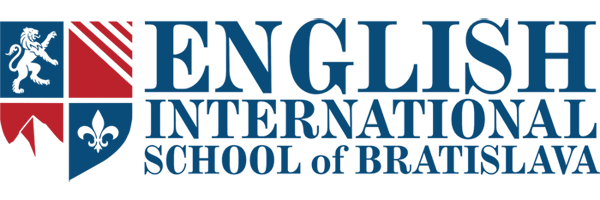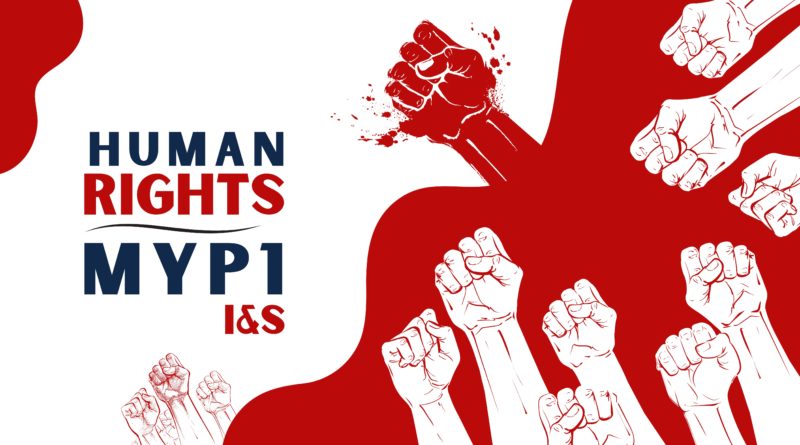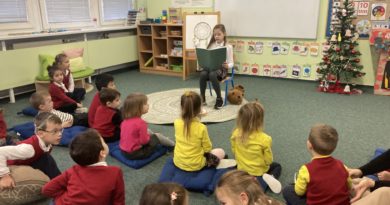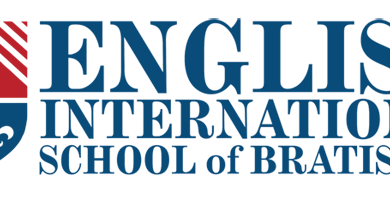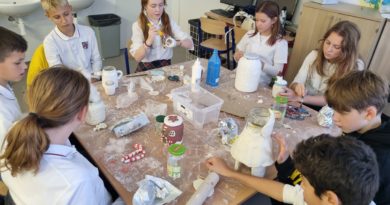Human Rights- ᴹʸᴾ¹
🅷🆄🅼🅰🅽 🆁🅸🅶🅷🆃🆂
Human rights are the fundamental rights and freedoms that belong to every person, regardless of nationality, ethnicity, gender, or religion. They are based on the principle that all individuals are entitled to live with dignity, equality, and respect. These rights are enshrined in documents like the Universal Declaration of Human Rights (UDHR), which is adopted by the United Nations.
A definition from the UDHR reads: “Human rights are rights inherent to all human beings, whatever our nationality, place of residence, sex, national or ethnic origin, color, religion, language, or any other status.” — Universal Declaration of Human Rights, Article 1.
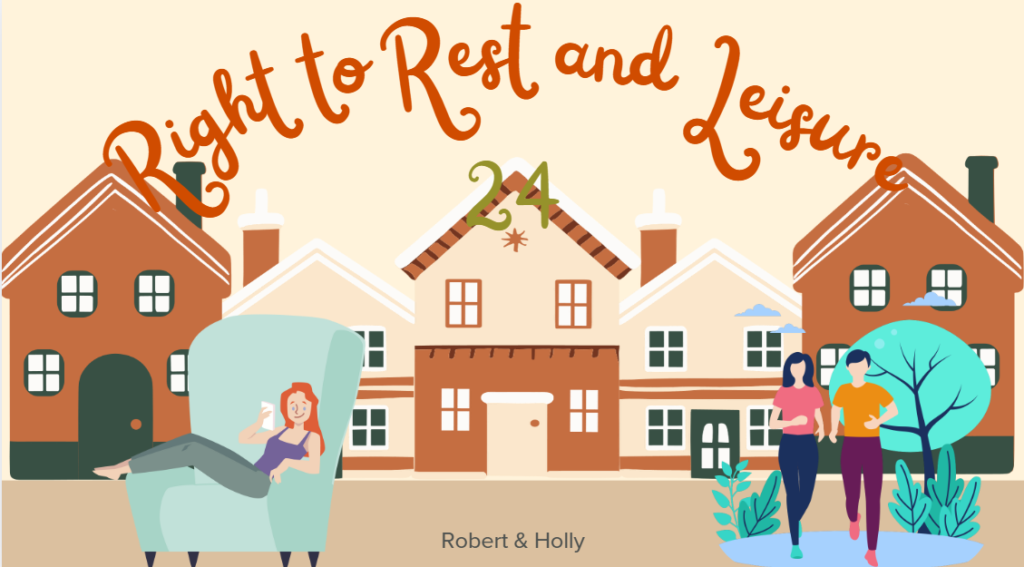
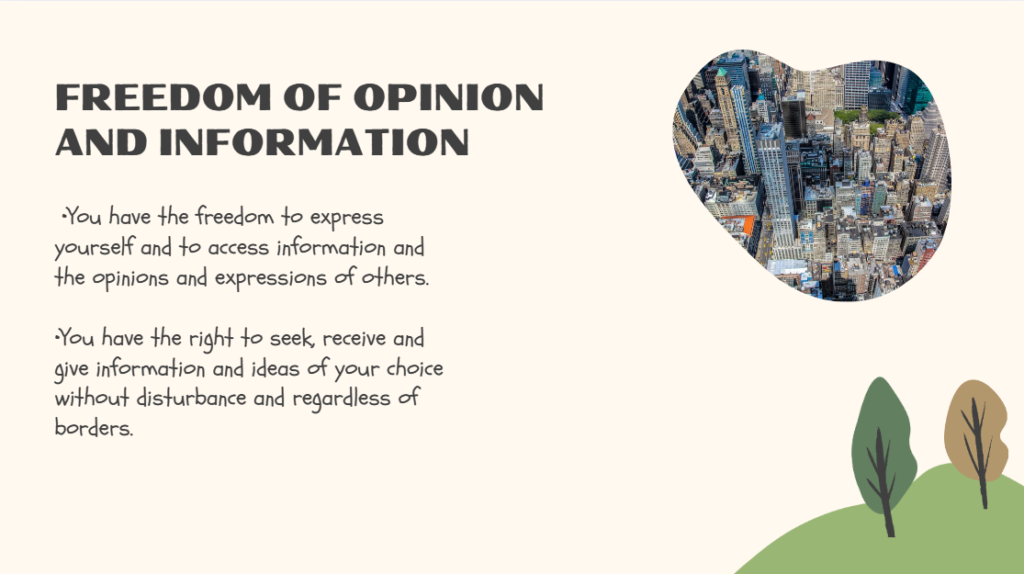
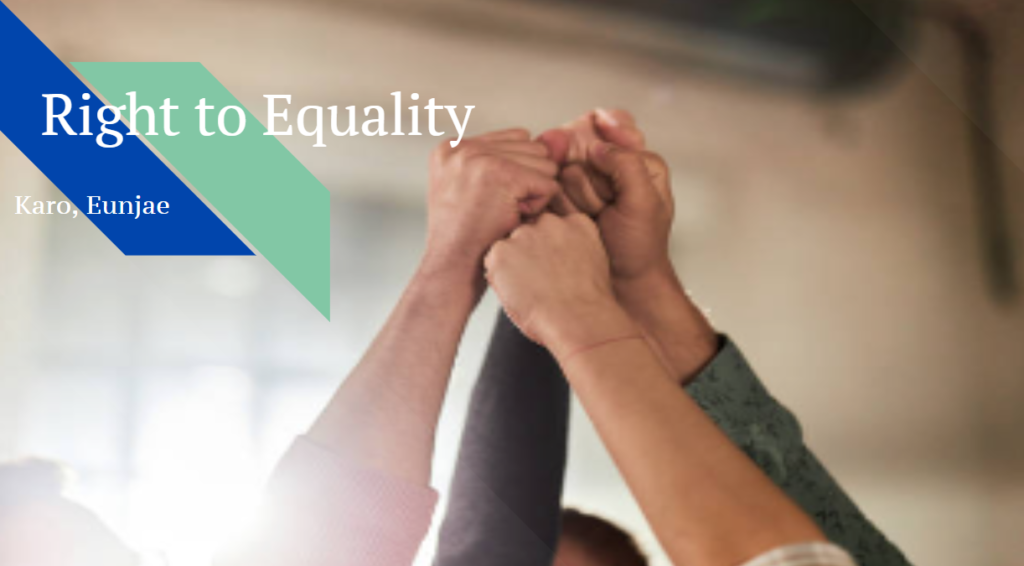
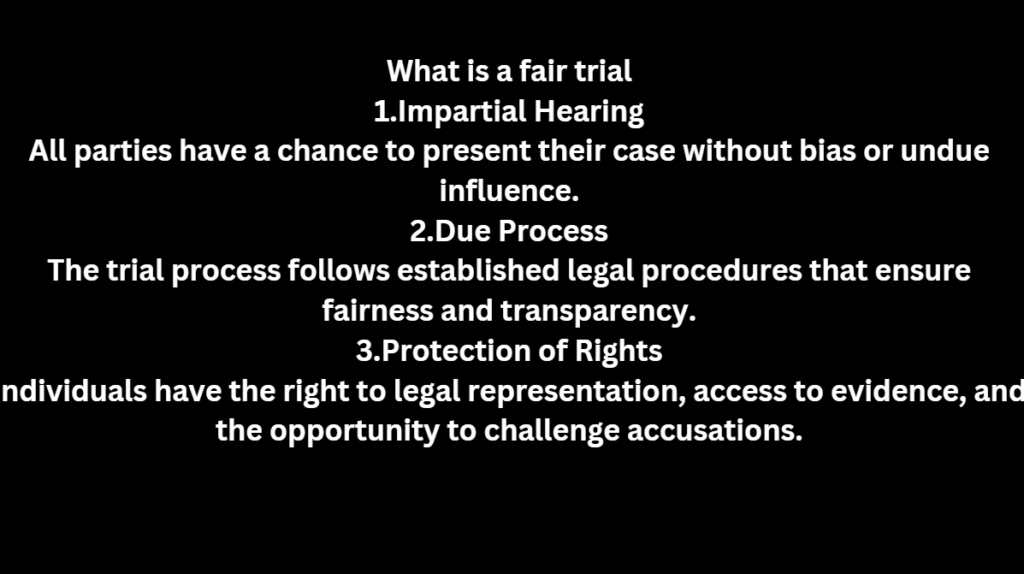
It is crucial for students to learn about human rights because these rights are inherent to all people, regardless of their differences. Educating students about human rights fosters awareness of the values of equality, dignity, and respect. This knowledge helps them understand the importance of protecting these rights for everyone, encouraging them to become active, informed global citizens who can contribute to promoting fairness and justice.
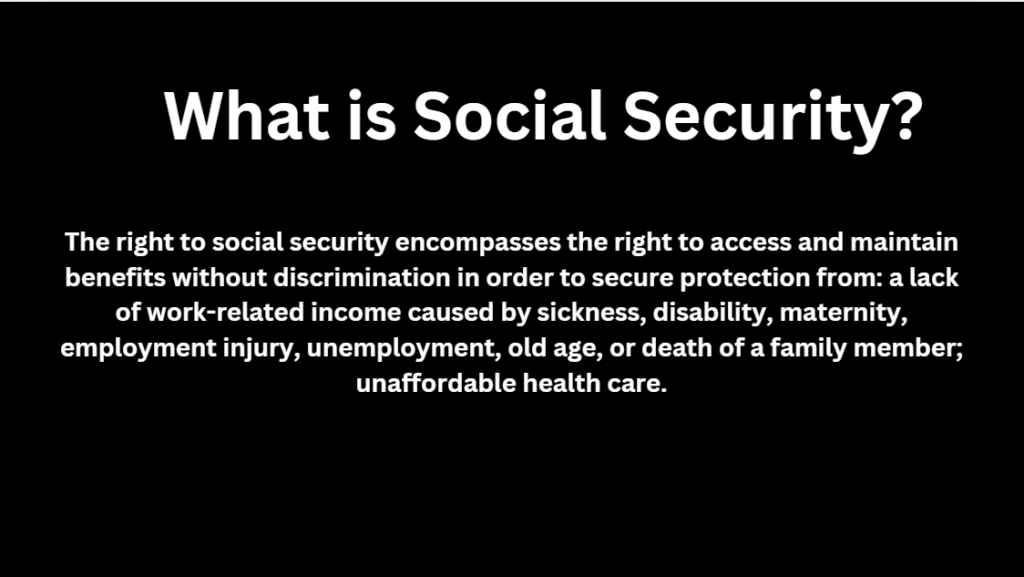
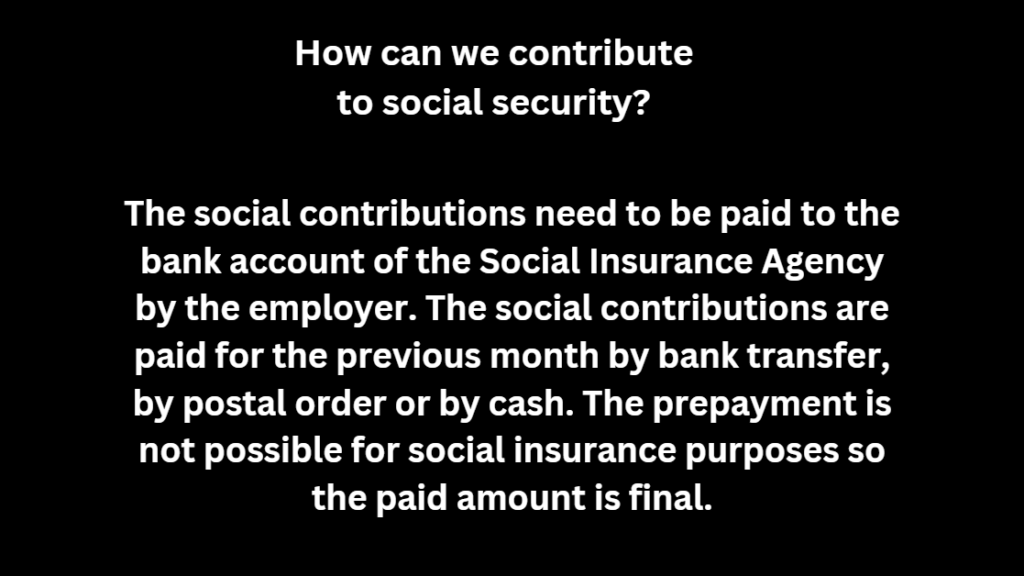
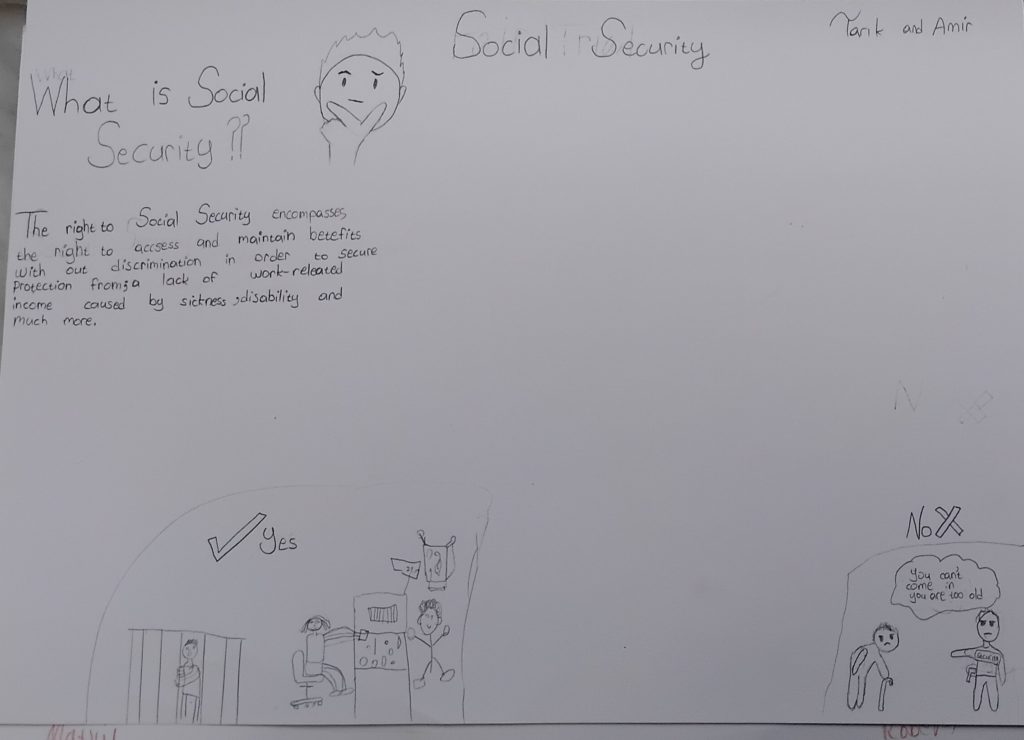
Creating a presentation and poster about human rights allows students to:
- Engage with Key Concepts: It helps students internalize the key principles of human rights and understand their significance in both local and global contexts.
- Develop Critical Thinking Skills: By researching, reflecting, and presenting, students learn to analyze issues related to human rights, recognizing violations and the challenges in enforcing these rights.
- Promote Social Awareness: Presenting human rights in a creative and public format helps spread awareness among peers, encouraging a culture of respect, empathy, and activism.
- Foster Advocacy: By creating awareness campaigns (like posters), students have the chance to advocate for positive social change, empowering them to take action in their communities.
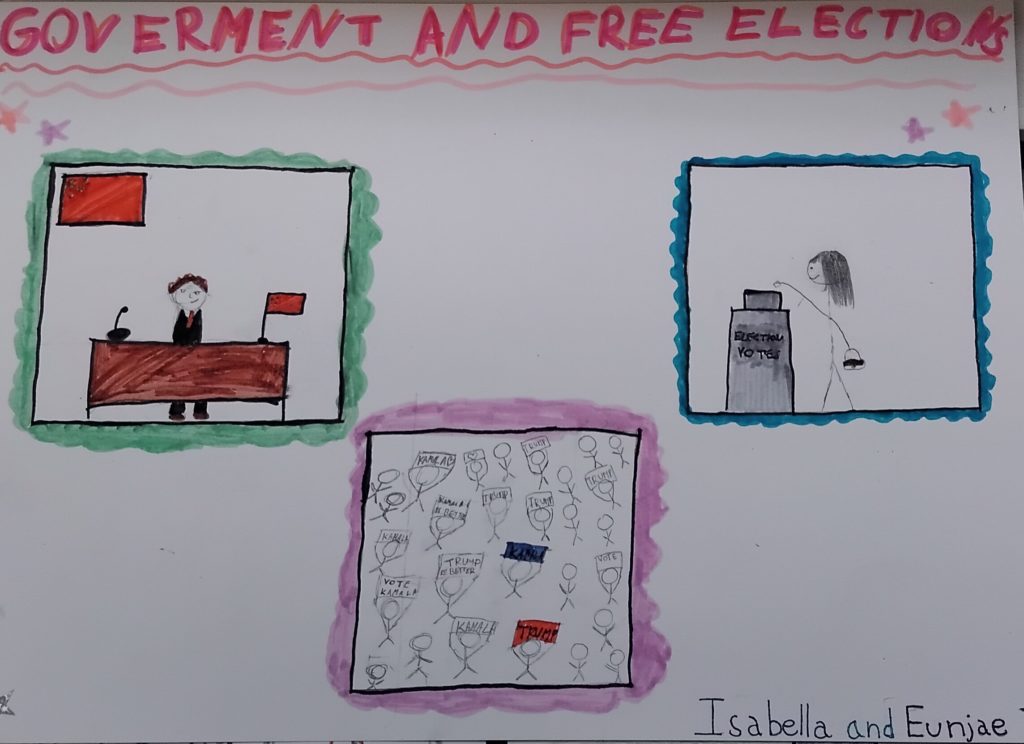
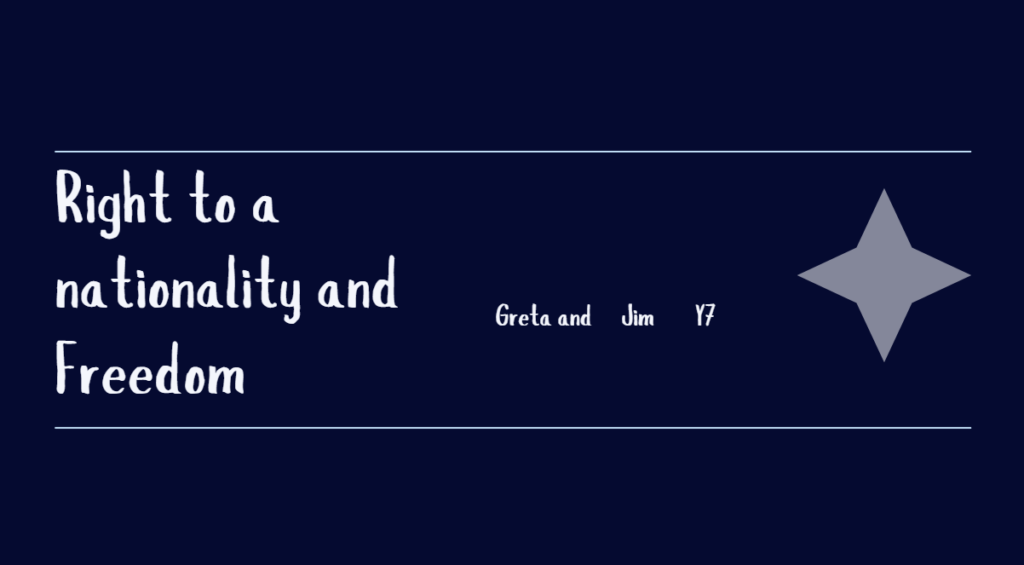
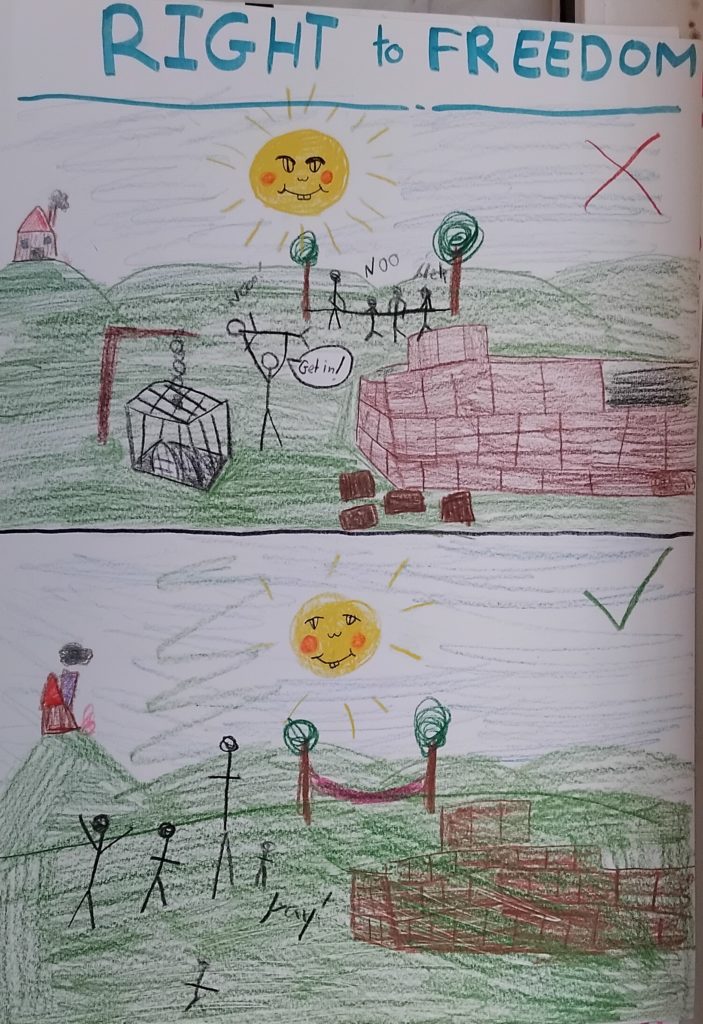
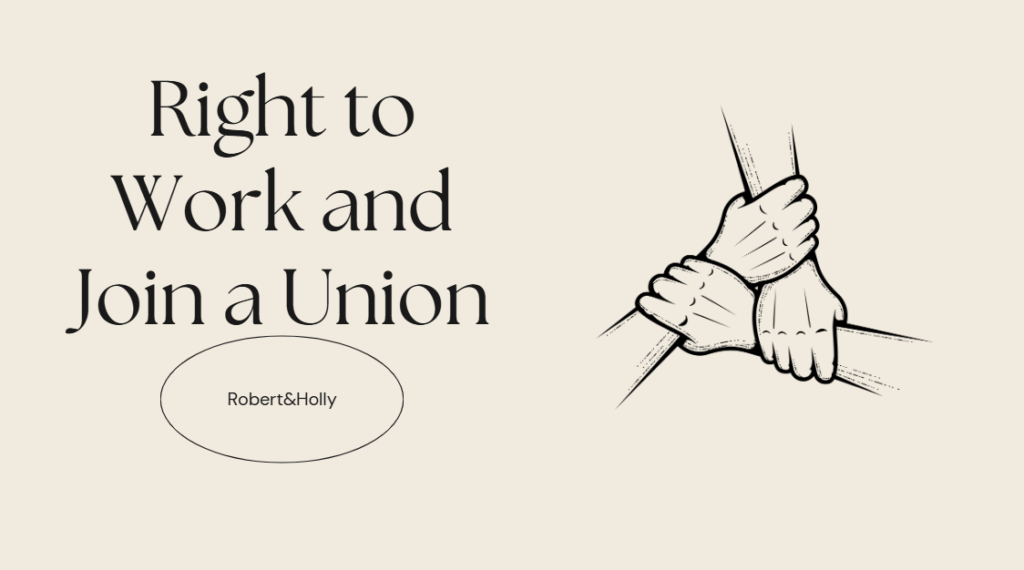
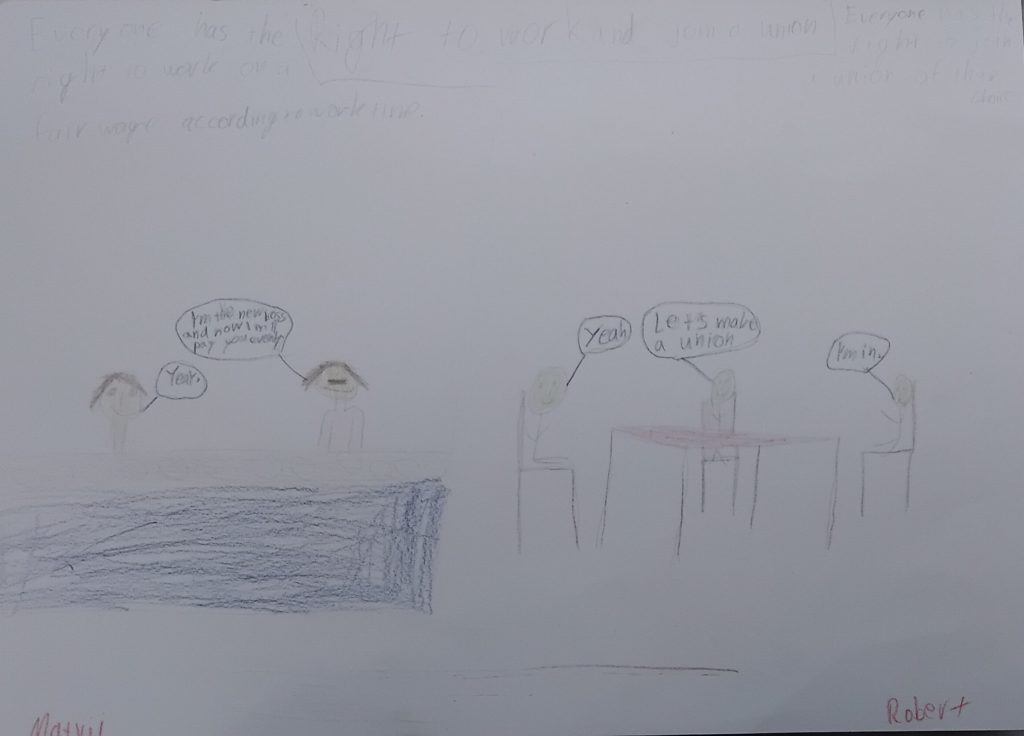
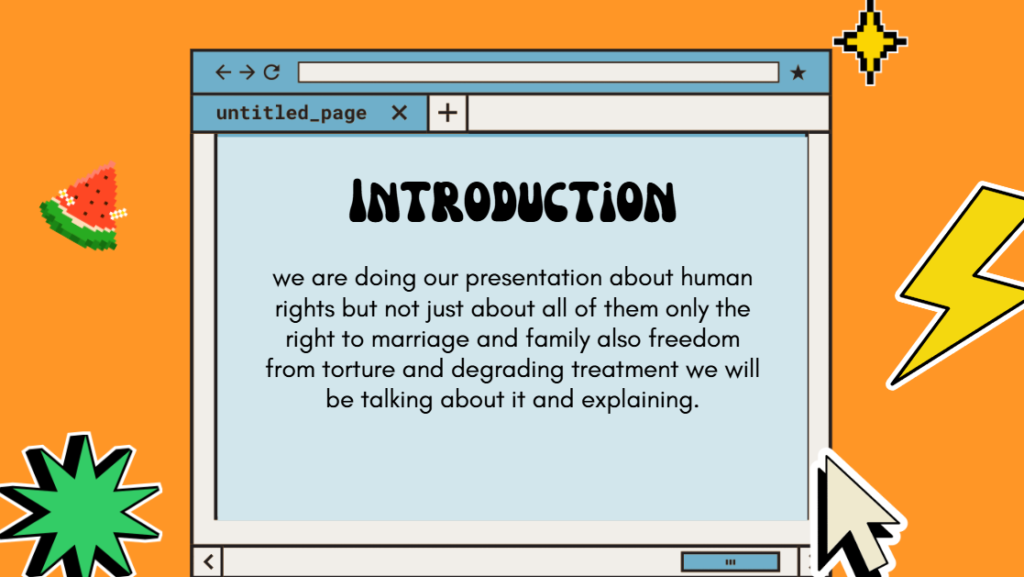
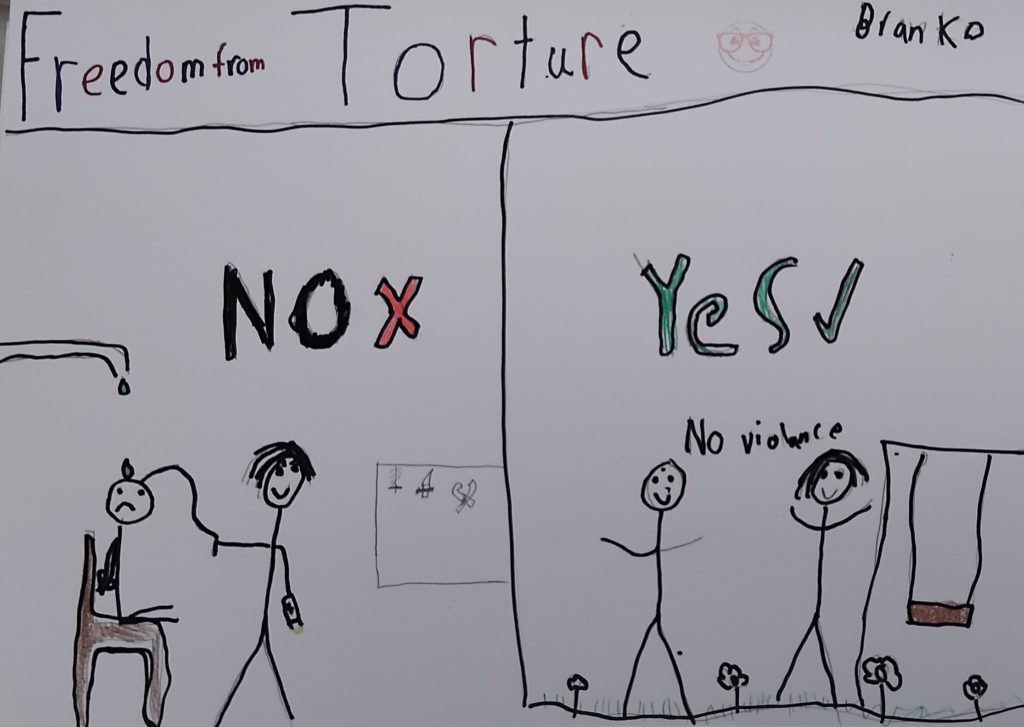
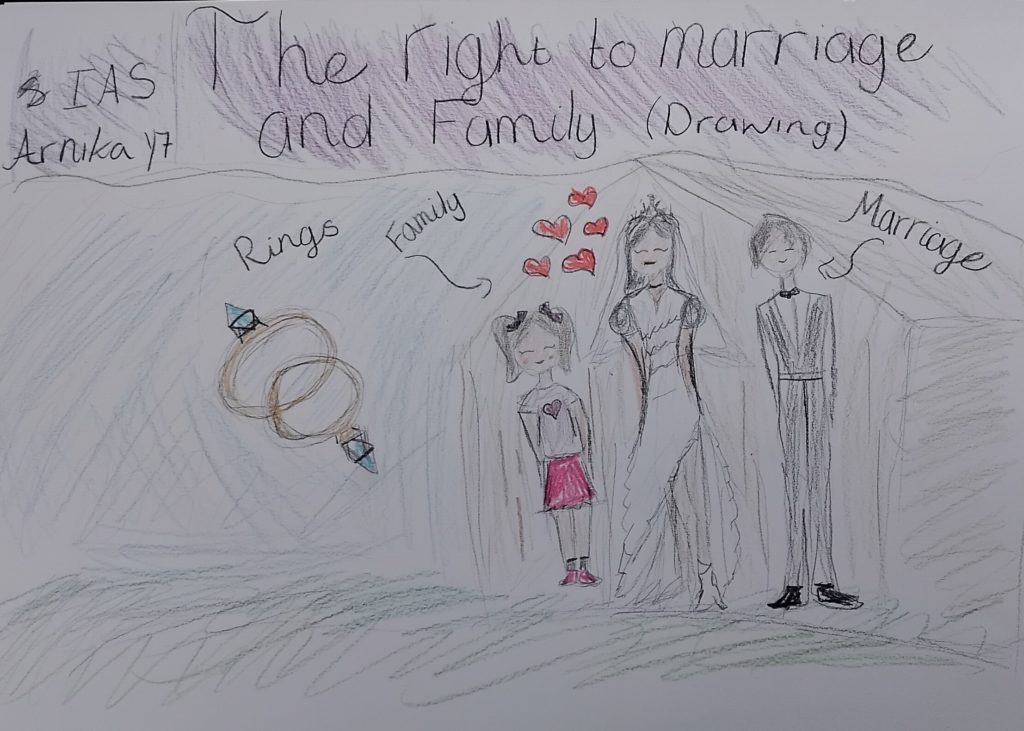
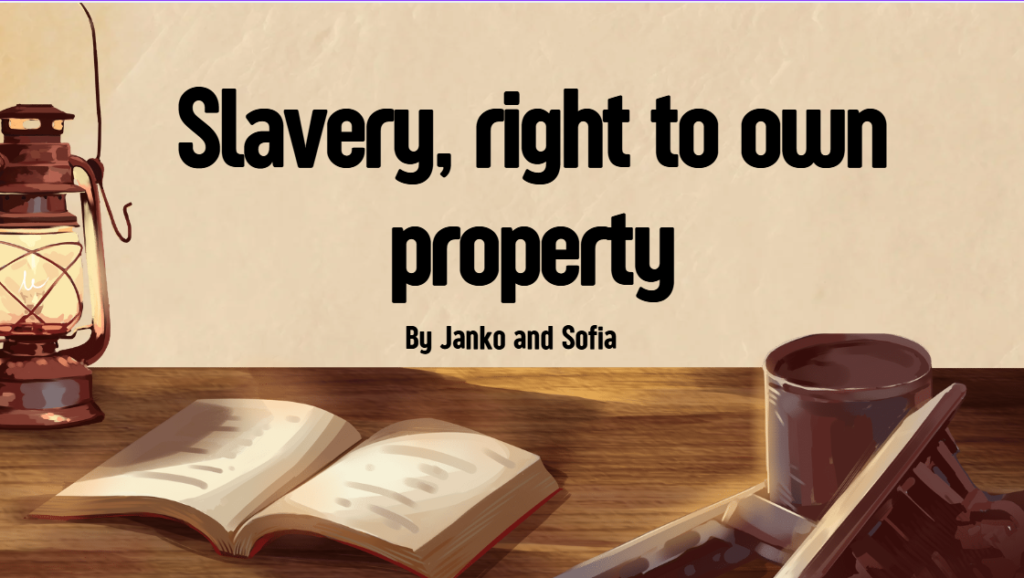
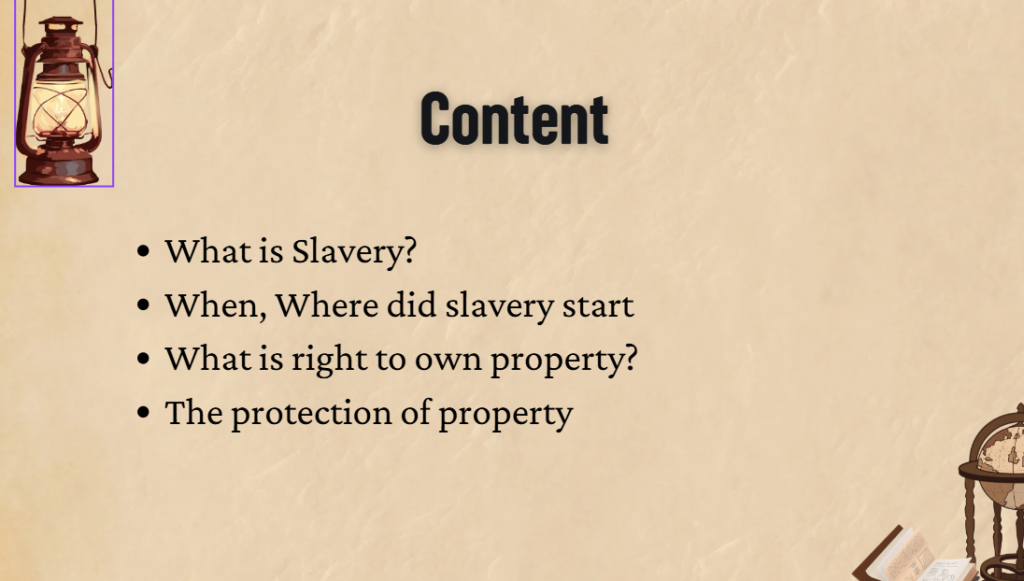
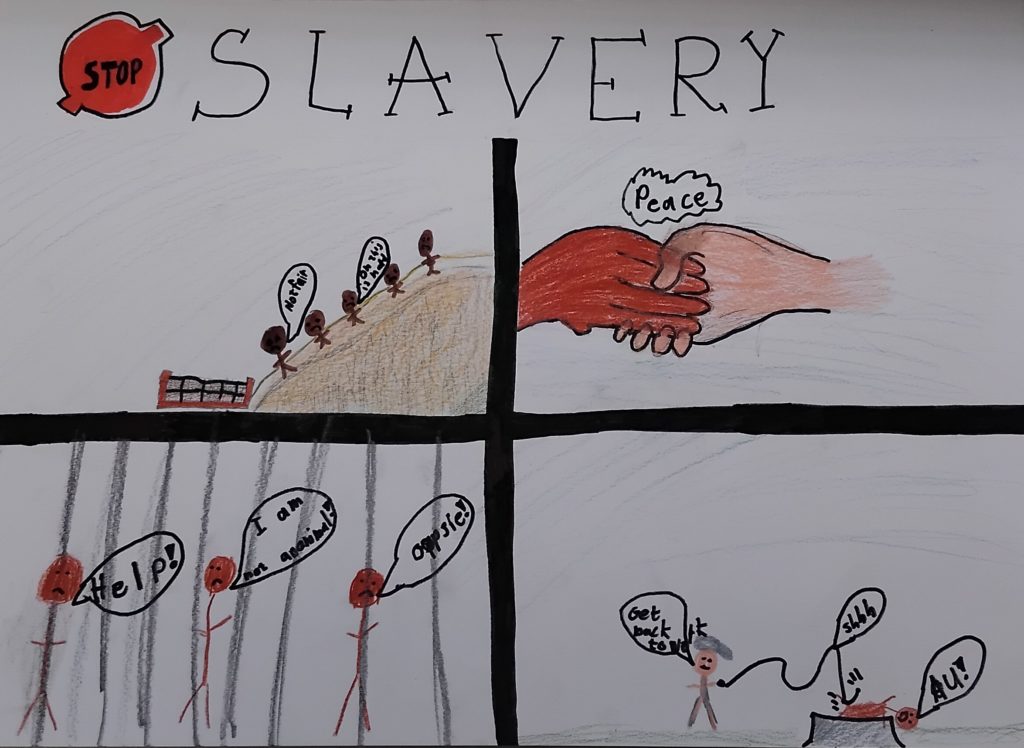
From working on the task of creating a presentation and poster about human rights, Year 7 Individuals and Societies students would have learned several valuable skills and concepts related to both human rights and social responsibility:
- Understanding of Human Rights:
- Students would have gained a deeper understanding of the fundamental human rights that apply to all people, as outlined in the Universal Declaration of Human Rights (UDHR).
- They would have explored the different types of human rights, including civil, political, economic, social, and cultural rights, and how these rights are essential for ensuring dignity, equality, and justice for all.
- Critical Thinking and Research Skills:
- In researching human rights issues and cases around the world, students learned how to gather and evaluate information from credible sources.
- They would have developed their ability to think critically about human rights violations and how they impact individuals and communities globally.
- Creative Communication:
- Through the creation of posters and presentations, students enhanced their ability to communicate complex ideas visually and verbally.
- They learned how to present information in an engaging and persuasive way, using both design and language to convey key messages about human rights.
- Empathy and Global Awareness:
- By learning about the struggles faced by individuals who have had their human rights violated, students would have developed a sense of empathy and an understanding of global issues.
- This process helped them recognize the importance of defending human rights and working towards a fairer, more just world for all people, regardless of nationality or background.
- Collaboration and Teamwork:
- If this task was done in groups, students would have learned the value of collaboration. Working together allowed them to share ideas, divide responsibilities, and combine their skills to create a comprehensive and impactful project.
- Advocacy and Social Responsibility:
- The task encouraged students to consider their roles as active global citizens, promoting human rights through advocacy and education.
- They would have learned that through small actions, such as creating awareness campaigns, they can contribute to positive change and stand up for justice.
